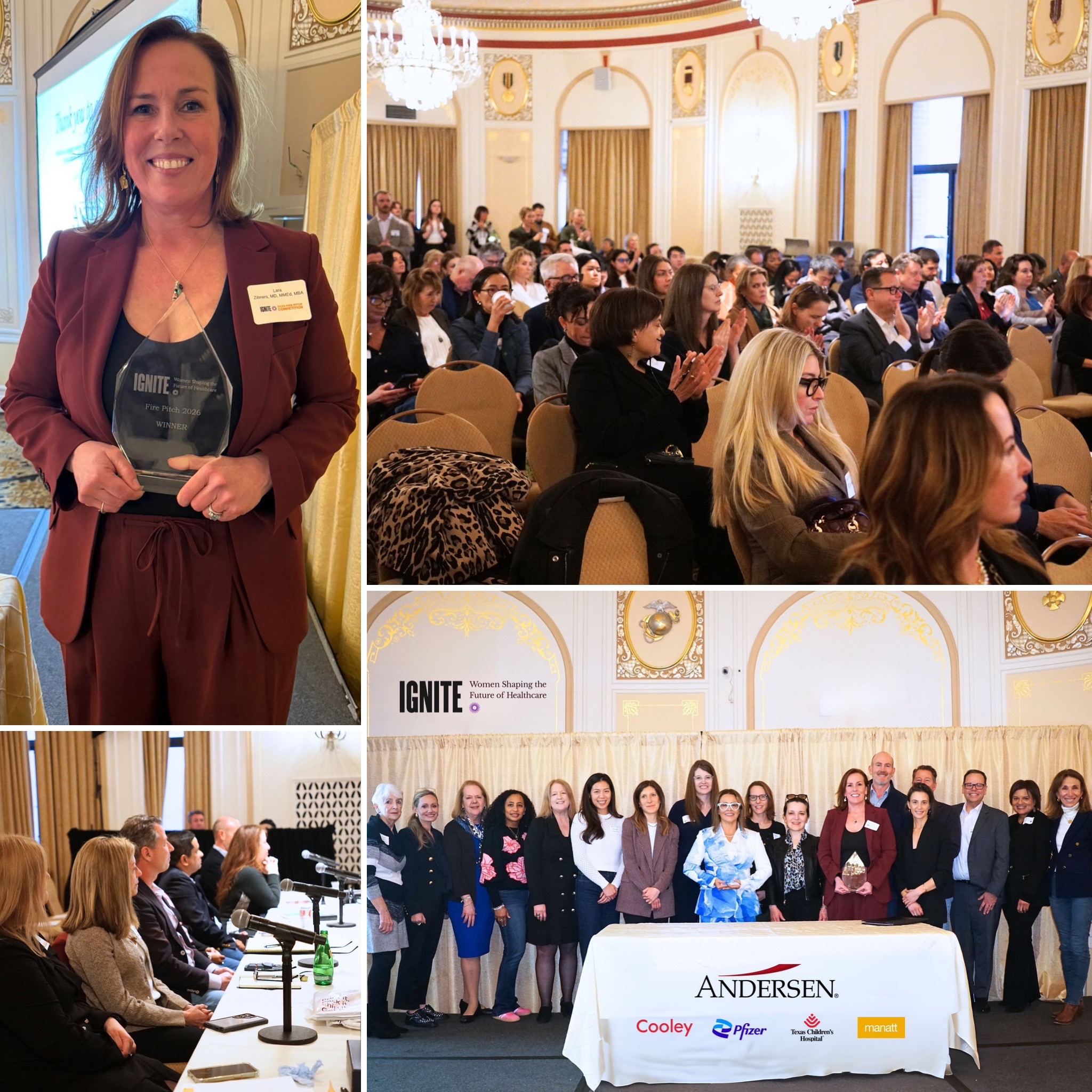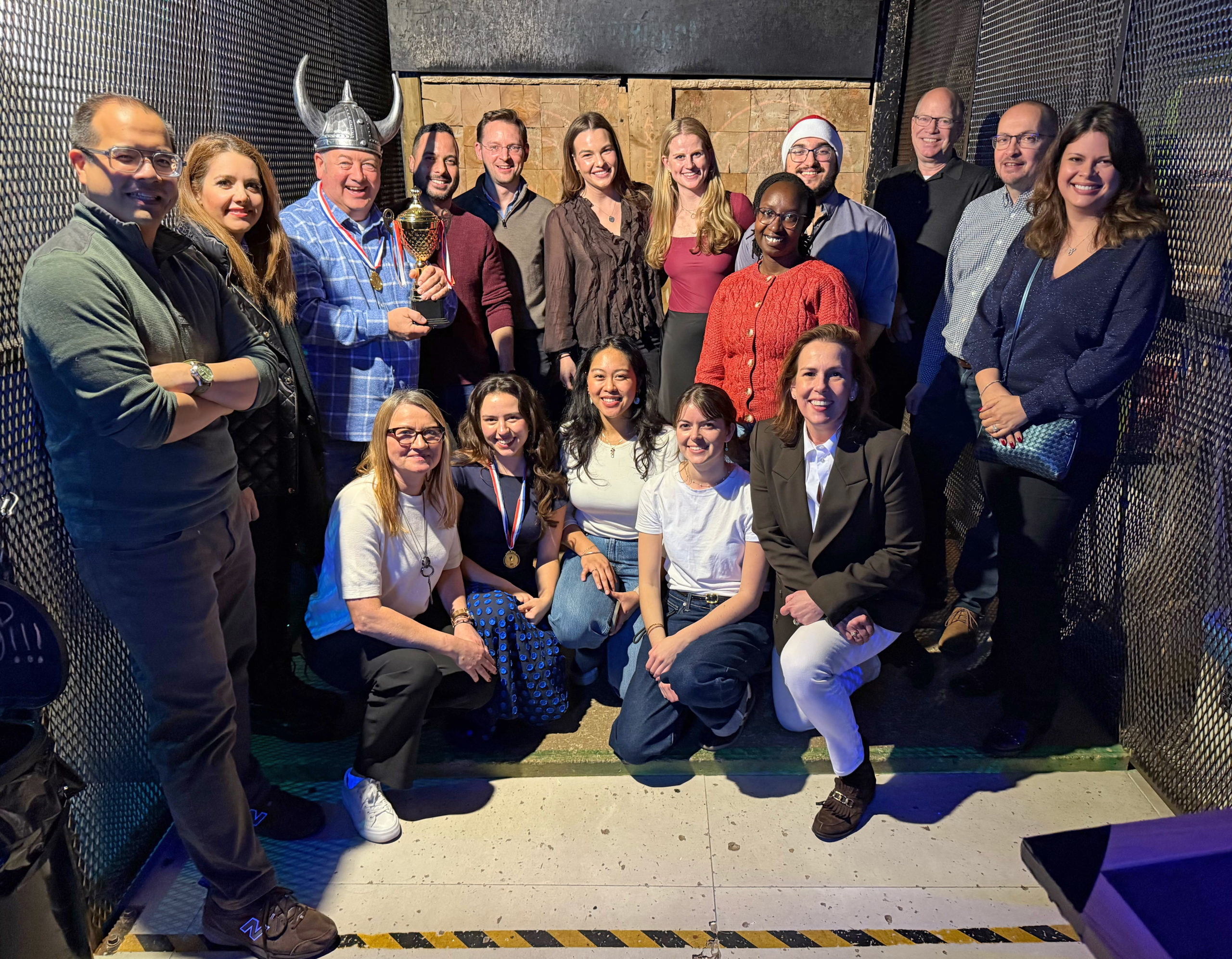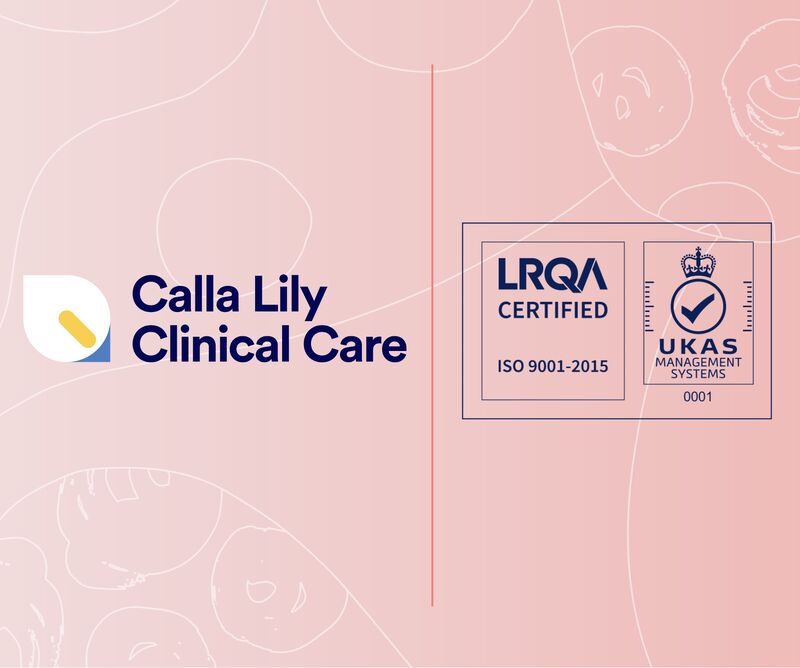100 Women at UNC Kenan-Flagler: Breaking Barriers in Male-Dominated Fields

Breaking Barriers in Male-Dominated Fields
When I was a child, my mother told me I could do anything, be anything. At the same time, she complained when my dad’s radiology practice hired a female physician because “she’s going to have babies and then your father is going to have to cover her night call.” The mixed message was pretty clear: women can do anything, as long as they act like men.
This was the 1980’s and my mother did change her tune, at one point even telling me that the last thing I should be is a stay-at-home parent. “Oh, you, no, no, not you, that’s not a good idea.” I’m still trying to figure out exactly what she meant by that. Anyway.
I now have the benefit of being a middle-aged woman with lots of letters after her name. That makes it a heck of a lot easier to stand up in front of a room and take control. There is a difference between being a young woman and one my age. Experience brings gravitas and that brings respect. Reflecting, however, on my journey, first through medical school, then as an emergency pediatrician in a busy New York City hospital, later in my role overseeing trauma education in the UK at a national and international level, and finally as co-founder and chair of a women’s healthcare start-up (go vaginas!), I can pinpoint certain behaviors that opened doors along the way. Indulge me as I share some thoughts. I’m not an organizational psychologist like Alison Fragale, author of the fabulous “Likeable Badass” and fellow Tar Heel. Nothing I’m going to say is steeped in science. Just the ramblings of a woman who believes she has smashed a few barriers. (I also once skied straight through a large orange banner telling me to go the other way, but hey.)
Own what you know
There is this concept of “imposter syndrome” and I think it’s deeply misunderstood. The term shouldn’t be construed to mean a lack of confidence. I think it’s more self-awareness and critical self-assessment. Should you be in the room? Should you open your mouth? If the answer is no to both, then don’t. My sister is a lawyer. She should not give medical advice. I, however, am a doctor. I should give medical advice. So why is “imposter syndrome” used and why are the people using it mostly women? Because there are plenty of people in the world who stand in the room and open their mouths when they have no idea what they are actually talking about. (And by “people,” I really mean “mostly men.” It’s a societal issue.) Why should a woman who knows what she is talking about thing twice about opening her mouth?
Show up
Personally, I think there is an inherent danger in “working from home.” Unless you also put in the time to work “right under other people’s noses.” If you aren’t in someone’s face, you might not get the same opportunities. People like easy. It’s harder to call someone at home and ask a question than it is to just grab the person standing by the water cooler. That’s not to say you can’t prioritize your health, your family, your life. Just make sure you are available. Spend enoughtime at the water cooler. Not all your time. Just enough.
Say yes—then deliver
Whether you are at home or at the water cooler, volunteer to contribute where you can. Like the 2013 book by Sheryl Sandberg, “Lean In.” Raise your hand. Say yes. But here’s the next part, because that isn’t enough. Deliver what you promised and make sure it is quality. Nobody wants half-assed results. If you give them something good, maybe even go a little further than asked, you’ll get the next project and the next after that. Now, here is a little caveat: I’ve done this repeatedly at times when it really wasn’t reasonable. I work best when the walls are caving in on me. I’m an ER doc after all. Which is great in a trauma setting, not so good when your kids need help with their homework. It’s a balance that I still struggle with.
Be nice, to a point.
I’m a people pleaser. I like people to like me. I have found that if people like you, they’ll help you out more often than if they think you’re a jerk. It’s pretty kindergarten level human factors stuff. That said, you can be nice and not be a pushover. On to my next point;
Read “Likeable Badass” by Alison Fragale
Dr. Fragale is an organizational psychologist who has spent her career figuring out how women can advocate for themselves and become a “Likeable Badass.” Not only is it hilarious, I learned a few things. More importantly, I was able to put a name to behaviors that I have used over the years but didn’t know it. I now have a lightbox on my desk that says, “small deposits” and “BHAG.” I don’t want to forget those two terms, so I created my own little reminder. Yours could be a sticky note on your computer screen. Anything to remind you. Small deposits are those small favors you do for others that don’t cost you a lot but are repaid when you need them. Big Hairy Audacious Goals are exactly what they sound like. Don’t be afraid to reach for the stars, you might actually touch one.
Final thoughts
The collective power of women who lift one another up, who reach behind them and pull along the next generations, who share their networks and lessons learned, that is a mighty power. In male-dominated industries, that power is even mightier. It’s groups like 100 Women at UNC Kenan-Flagler that help build those communities so that maybe one day we won’t even call them “male-dominated.”




